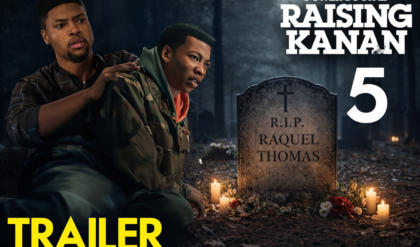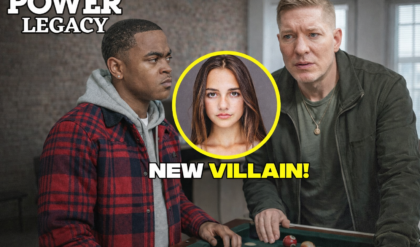
Sandfall Interactive has proven that what many thought impossible is possible with enough passion and a great idea, which is refreshing in an industry filled with lazy sequels and ‘good enough’ AAA games that don’t elicit anywhere near the emotions of Expedition 33. Still, indie projects have remained a stalwart alternative to the AAA scene for a long time, and one studio has a strangely similar story to Sandfall Interactive with a game that also tried to innovate with turn-based combat. The studio is the indie darling Supergiant Games, known most for Hades, and the game is the gem Transistor.
Transistor Is The Perfect Indie Game For Fans Of Expedition 33
A Heart-Achingly Beautiful Story Told In A Broken World
Although isometric and on a different scale, Transistor shares much of what makes Expedition 33. As seen in Transistor‘s trailer on YouTube, there’s passion behind the project, an achingly beautiful yet broken world, with a story that made me contemplate my life for days on end, all tied together by a mesmerizing soundtrack by the incredible Darren Korb. The voice acting is amazing, just like Expedition 33‘s, and while Transistor isn’t as cinematic, the artwork is breathtaking, taking inspiration from The Kiss, a famed Austrian painting, giving the game a European charm despite coming from an American studio.
The game follows Red after losing her voice, guided by the voice of her late bodyguard within the Transistor as she attempts to right the wrongs of the Camerata. In many ways, the game is a cautionary tale about the dangers of stagnation, the importance of moving on, accepting things as they are, and not trying to force everything to remain the same. Although Expedition 33‘s main theme is a little different, with its story largely revolving around grief, there is a theme of moving forward and fighting for tomorrow, hoping to change things. In many ways, the themes are comparable.
Transistor’s Turn-Based Combat Innovated Before Expedition 33
Both Helped To Take The Genre Forward
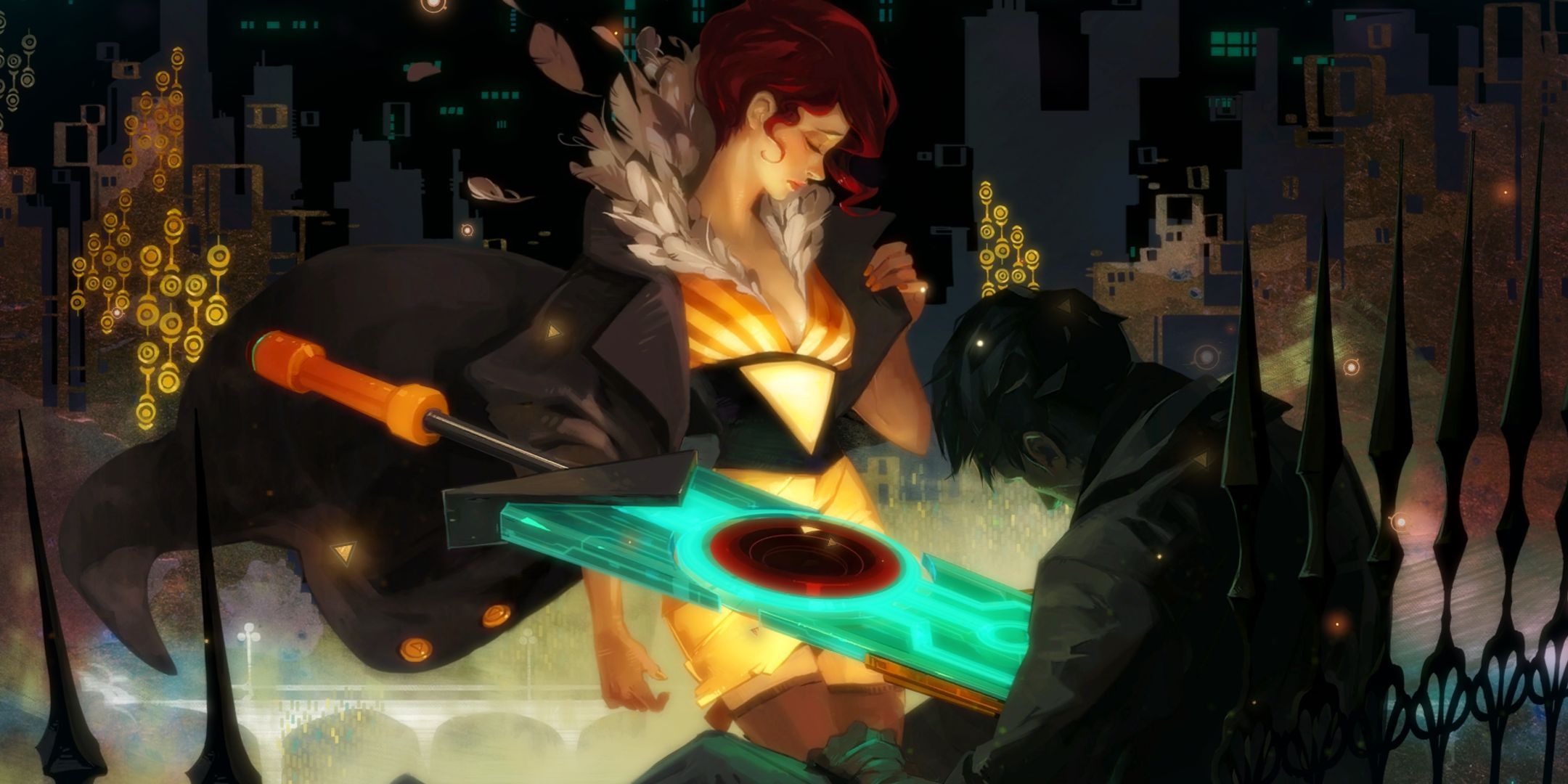
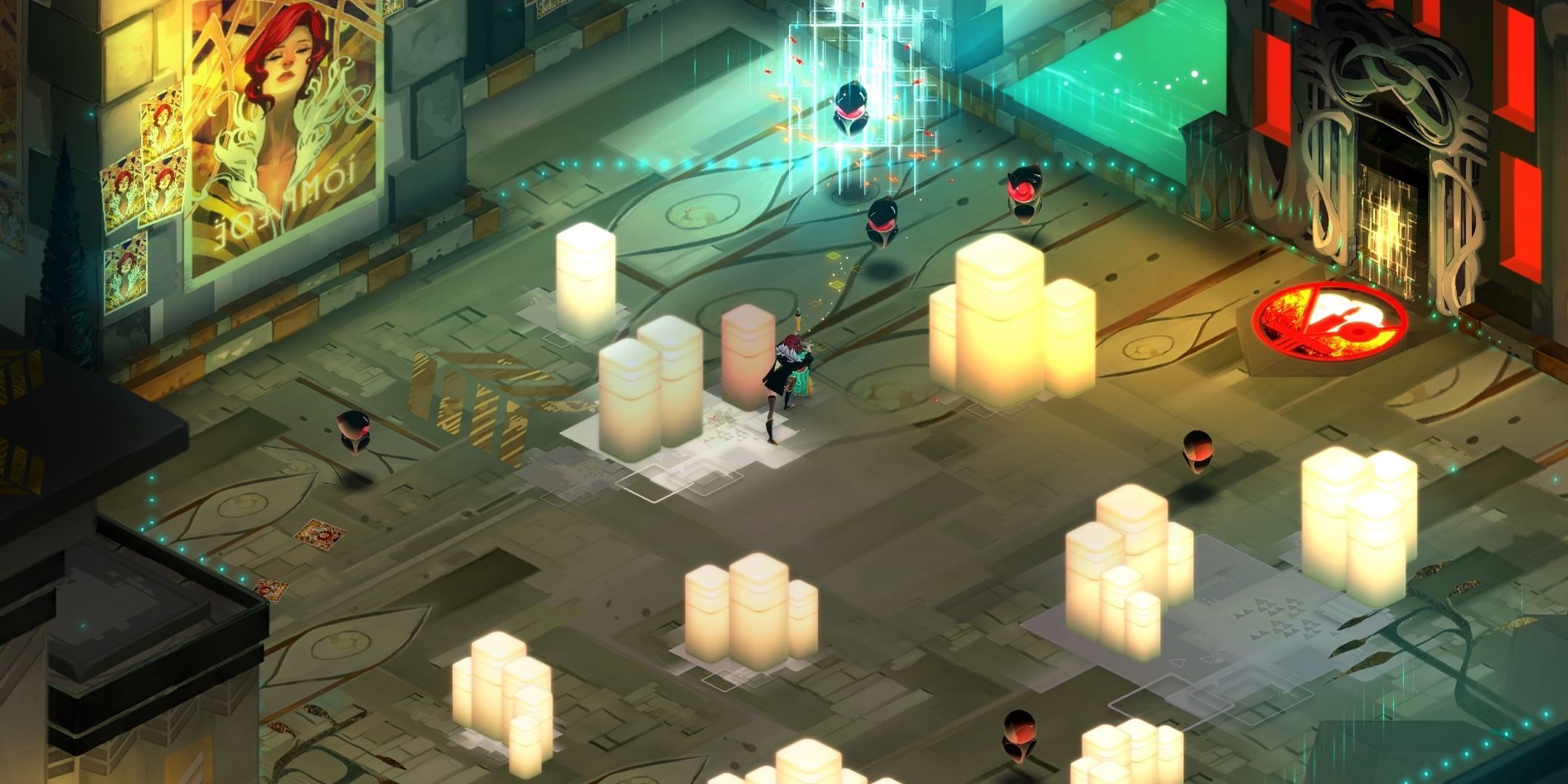
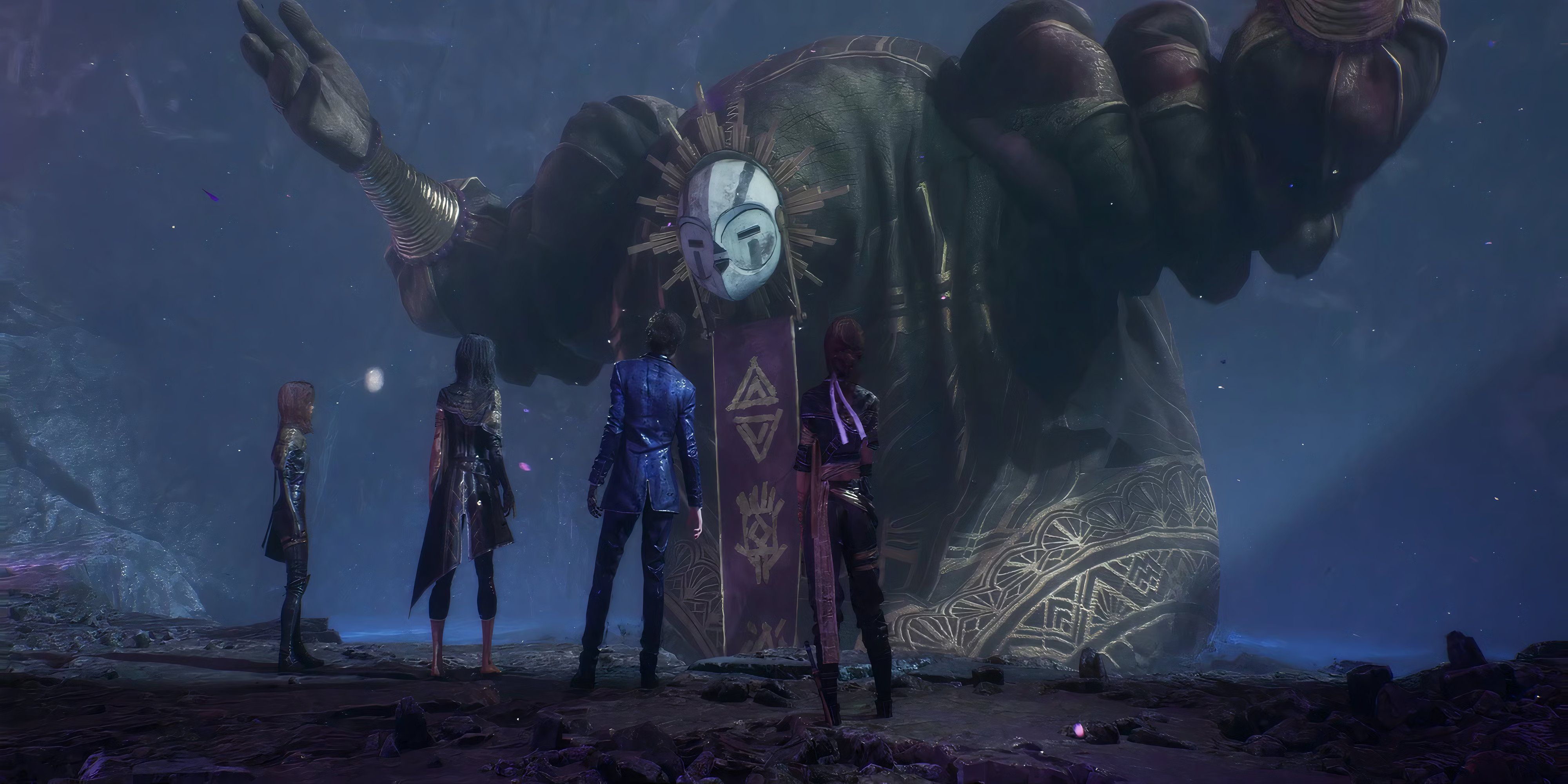
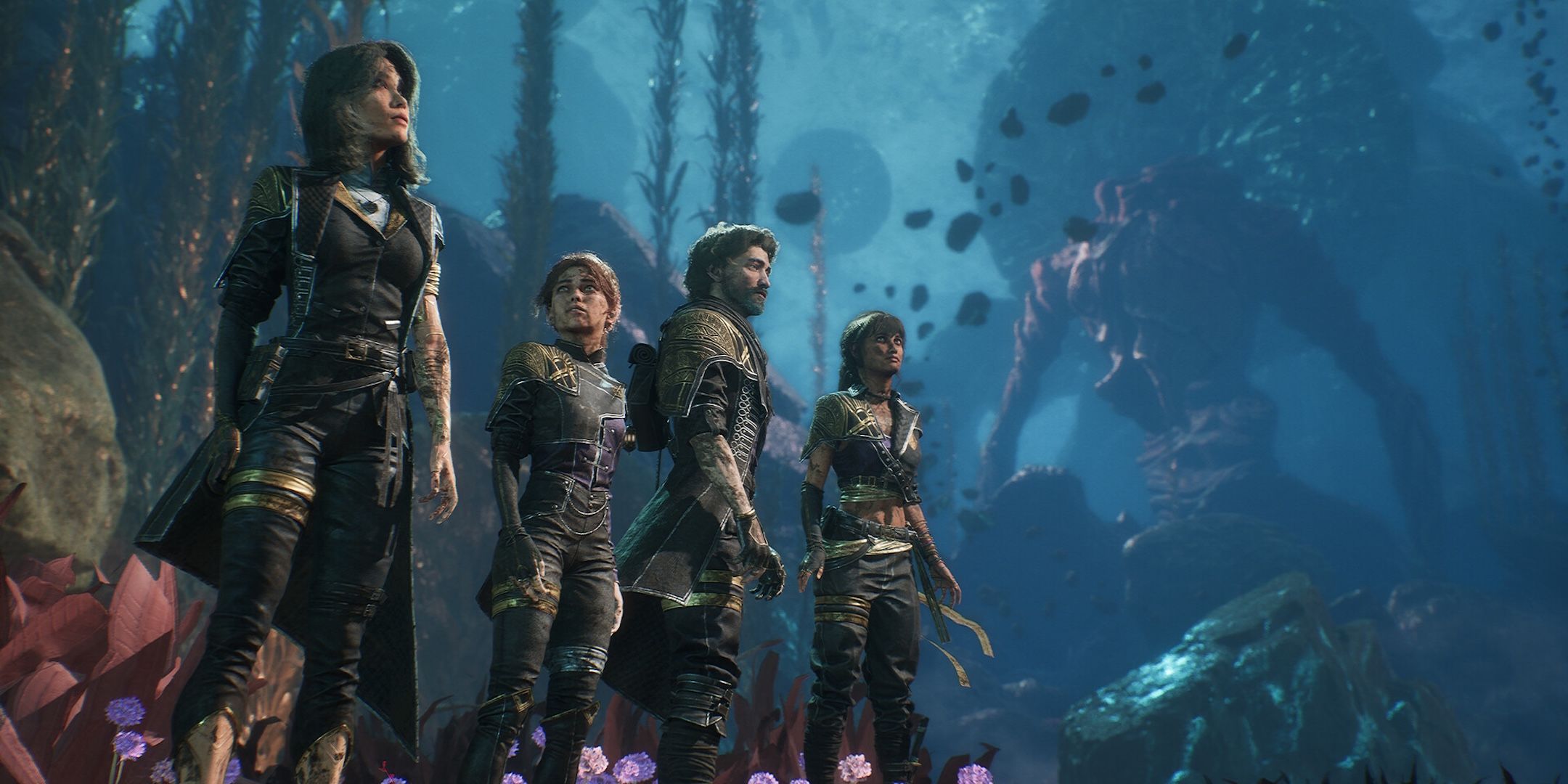
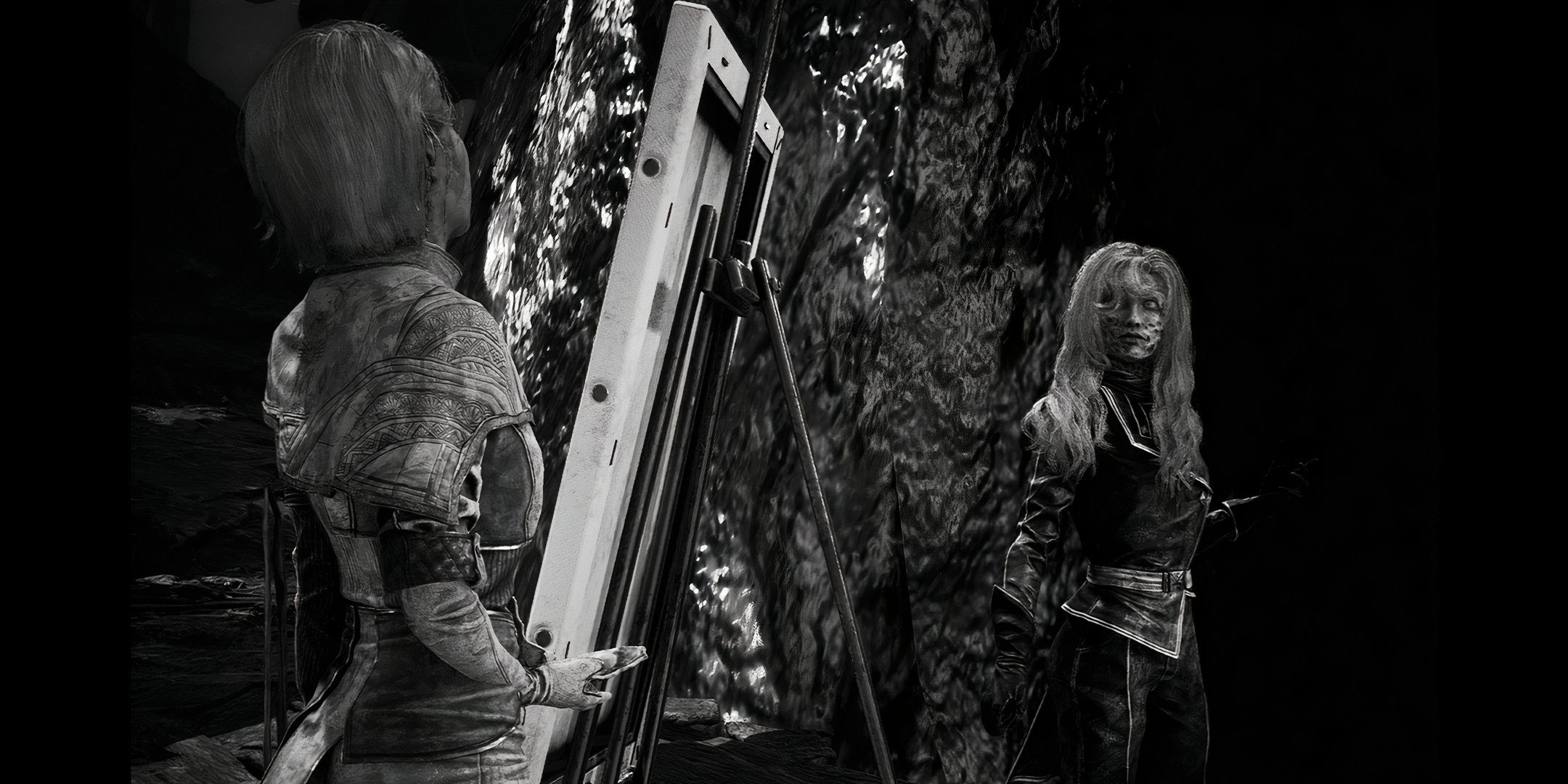





Although no one knows Red’s bodyguard’s name, many have taken to calling him Blue (opposite to Red in reference to their possible romance), Boxer, or Auden, given his designation in the game files.
During the time stop, players can only use a finite number of actions, whether moving or attacking. Red’s more powerful attacks can be used less per time stop, mechanically somewhat similar to how Larian does CRPG combat with Divinity and Baldur’s Gate 3, except players have to dodge projectiles and Process trying to crush them while their ‘turn’ recharges. It makes positioning after a turn important and adds a new layer of intensity and strategy to combat that is otherwise absent in other turn-based games by blending the genre with action-style isometric games.
Sandfall And Supergiant’s Stories Mirror Each Other
Both Left Massive Companies To Make Passion Projects
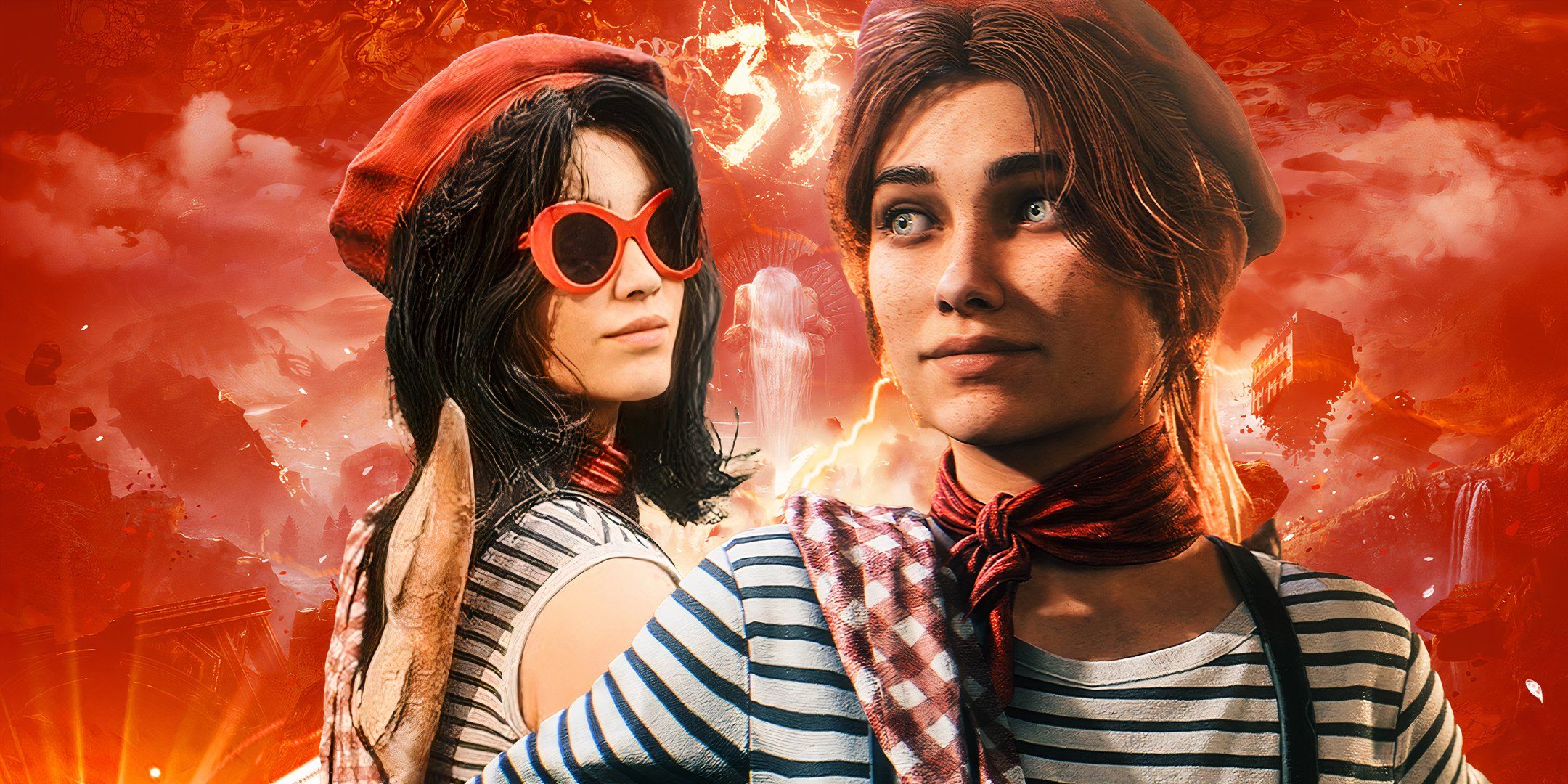
It is well-known now that Guillaume Broche, CEO of Sandfall and mastermind behind Clair Obscur, was a former Ubisoft employee who got bored and left to create a passion project. Supergiant’s founding is similar, and although it doesn’t involve as many miracles (getting a composer as talented as Lorien Testard of Soundcloud is ludicrous), team members left EA, specifically the Command and Conquer series. This led to the indie darling, Bastion, Supergiant’s debut title, and later Transistor, Pyre, Hades, and the soon-to-be-released Hades 2.
Many studios might want to cash in on the turn-based trend that Sandfall may have started with Expedition 33, and there will probably be an equal number of good and bad titles. Before this starts, looking back at titles like Transistor, which innovated turn-based combat but couldn’t achieve Clair Obscur‘s impact before, is well worth the time. Fans of Clair Obscur: Expedition 33 are clearly fans of heartbreak too, which Transistor has in boatloads. While its isometric angle and indie aesthetic might not be for everyone, there’s enough there for Clair Obscur fans to sink their teeth into.

